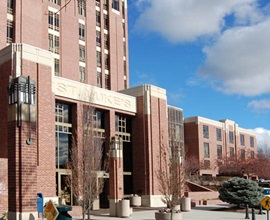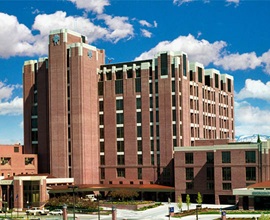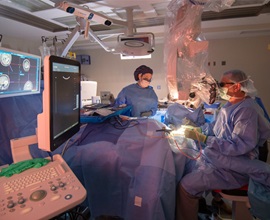St. Luke’s Parkinson’s patients get life-enhancing surgical care close to home
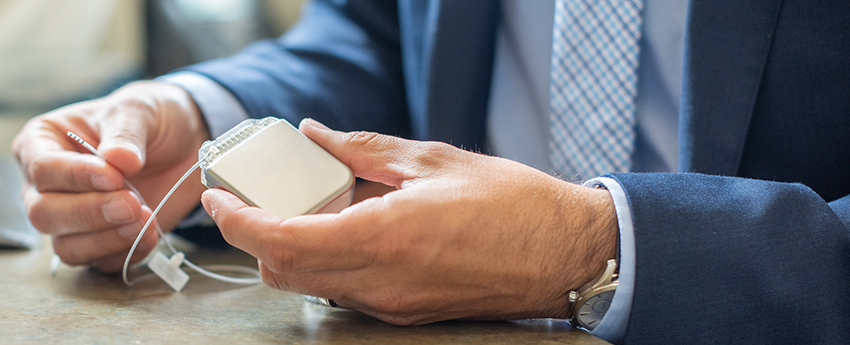
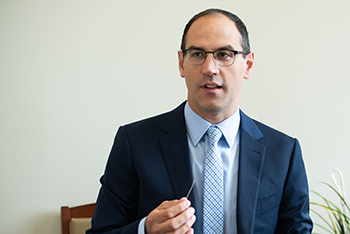
More than a decade after her initial Parkinson’s disease diagnosis, Ann Marie Baird got her life back.
Baird, 72, was the third patient to have deep brain stimulation (DBS) surgery at St. Luke’s Boise.
About three patients a month now have the procedure to manage tremors and Parkinson’s-related symptoms.
Parkinson’s is a neurogenerative disorder in the central nervous system that affects movement and other functions, such as cognition. It’s progressive, so symptoms like tremor, slow movement, rigidity and changes in speech and writing worsen over time.
This means that even for patients like Baird, whose Parkinson’s was initially manageable with medication, the symptoms can become debilitating.
“I took three pills a day and I was fine. No one really even knew,” she said. “About 10 years ago, it started getting worse and I didn’t really realize it.
“I noticed I was withdrawing from social things,” she said. “I tried to walk but I couldn’t walk that far.”
She’d heard about DBS years prior, but was deterred by the thought of someone drilling into her skull.
Deep brain stimulation (DBS) uses electricity, delivered through small leads or electrodes, to stimulate the areas of the brain affected to manage symptoms. The procedure entails drilling small holes into the skull for placement of the small electrodes that are then connected to a small battery pack, like a cardiac pacemaker, that’s placed under the skin in the chest.
The pulse generator provides the electrical stimulation.
“We listen to the brain cells as we’re putting the electrode in and then we test the patient,” St. Luke’s Neurosurgeon Dr. Derek Martinez said.
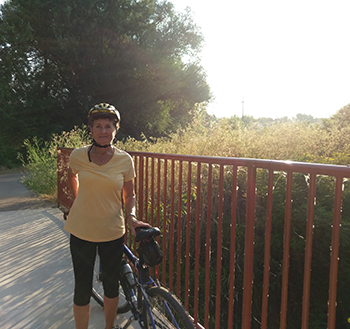
“We have them hold their hand up while we look at the tremor. We have them open and close their hands to see if they can do that faster while we stimulate the brain.”
In the past, St. Luke’s patients were required to travel out of state for the procedure. Between initial pre-surgery cognitive and behavior evaluation, surgery, post-op check-ins and generator programming appointments, the expense and time commitment often were daunting for many potential candidates.
Neurosurgeon Dr. Stephen Asher, who performed Baird’s procedure, joined St. Luke’s in 2015, but resource constraints kept him from offering DBS to patients on a consistent basis. To solve for the need, St. Luke’s brought on Dr. Richard Osenbach, a neurosurgeon, in 2017 and Dr. Martinez in 2018.
Since her surgery, Baird’s reduced her daily medications—from 30 prescriptions to five—and is back to enjoying her favorite social and physical activities.
She’s a regular at the YMCA. She’s also an avid hiker and mountain biker, and says she tries to make it up to the Boise Foothills several times a week.
Baird also attends St. Luke’s Parkinson’s support groups and participates in the YMCA’s disease-specific programs for voice projection and movement.
“(DBS has) given me 10 years back on my life,” she said. “Everyone I see who has Parkinson’s, I ask, ‘Have you thought about it?’”
About The Author
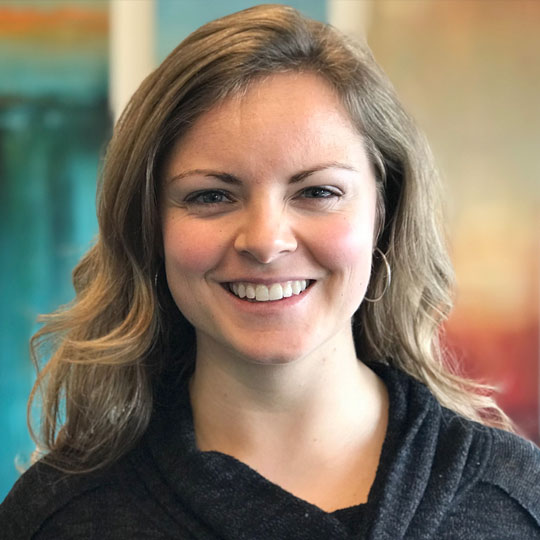
Alexis Bennett is a consultant for St. Luke's Community Health and Engagement.


